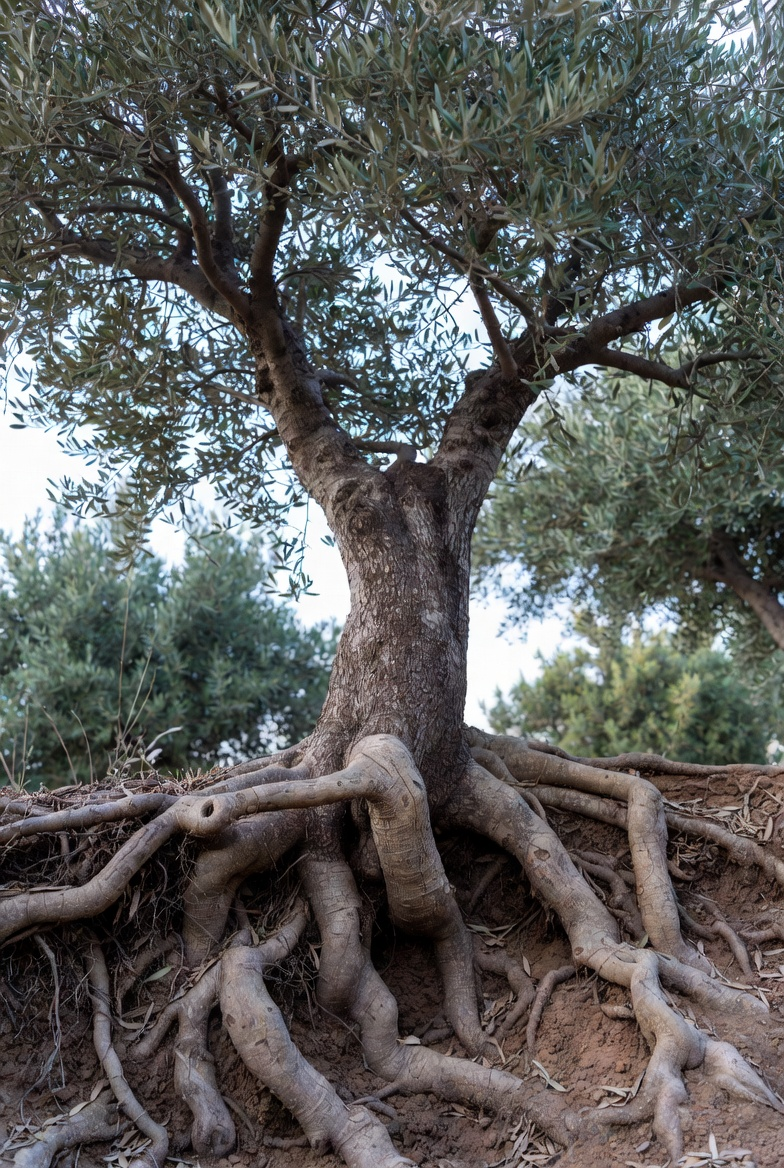Search

No Roots?
Read more here...
Classic Search: RLDS Classic Search RCE: Original (RCE) Book of Mormon Search LDS: LDS Book of Mormon Search Compare: Inspired Version/King James Comparison Index Phrase Search: RCE Book of Mormon Phrase Search Advanced: King James/LDS/RCE XRef Differences: Search RCE 1908 Book of Mormon Differences View Major RCE/1908 Book of Mormon Differences History: Search Church History Hebrew Evidence List Search Read: The Original Book of Mormon Hebrew: Read Book of Mormon in Many Languages About: Read About the Book of Mormon

No Roots?
No Church
Read more here...
Classic Search: RLDS Classic Search RCE: Original (RCE) Book of Mormon Search LDS: LDS Book of Mormon Search Compare: Inspired Version/King James Comparison Index Phrase Search: RCE Book of Mormon Phrase Search Advanced: King James/LDS/RCE XRef Differences: Search RCE 1908 Book of Mormon Differences View Major RCE/1908 Book of Mormon Differences History: Search Church History Hebrew Evidence List Search Read: The Original Book of Mormon Hebrew: Read Book of Mormon in Many Languages About: Read About the Book of Mormon
RLDS Church History Search
Chapter Context
| 244 |
Read Previous Page / Next Page
